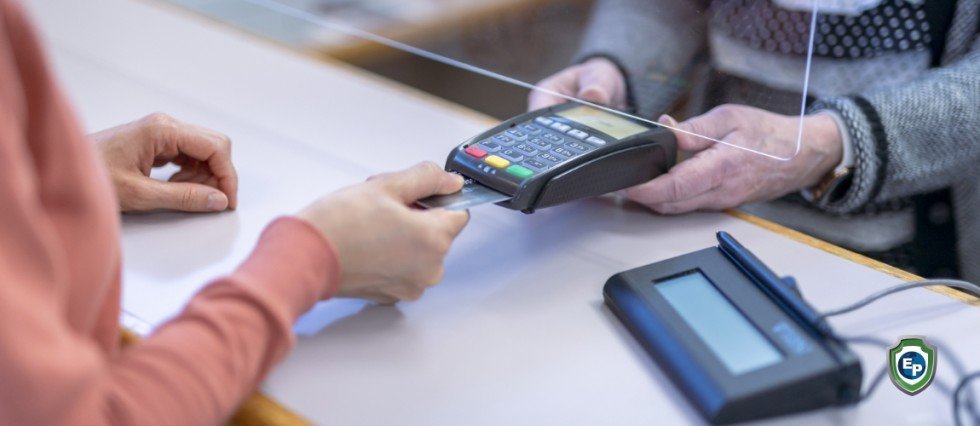How Blockchain Can Facilitate Cross-Border Payments: A Chance for SMEs
Come take a look at our blog to learn more about how the capability of blockchain to facilitate cross-border payments will create a huge opportunity for SMEs.

There has been tremendous hype around blockchain technology in recent years, especially around cryptocurrencies. With the leading cryptocurrency Bitcoin hitting an all-time high in November, the technology is receiving more attention than ever before.
What many observers don’t see is that blockchain-based digital currencies have far more potential than just being investment assets. They could significantly change the way money flows around the world – with SMEs being among the beneficiaries.
SMEs Become Global Businesses
Globalization and the emergence of the internet have opened more opportunities for SMEs to expand into new markets. New technologies have also disrupted and globalized retail, financial services, logistics and transportation, and manufacturing.
In other words, SMEs, once mostly domestic players, now compete worldwide, which also means they need to manage global payment flows.
SME cross-border payments today represent a sizeable portion of the global B2B payments market. Total annual value is over $10-15 trillion, and B2B payments are outgrowing C2C and B2C markets at 5-10% a year.

Fees and Speed Are Major Challenges
While that’s a good development in principle, it also brings enormous challenges. Sending money worldwide still relies on a fragmented and outdated payments infrastructure. This infrastructure is designed for large corporations, and it’s too slow and expensive for SMEs.
While larger firms often have enough power to negotiate favorable conditions with their banks, SMEs face costly delays and high foreign transfer fees. That makes it harder for them to compete on the international stage.
Blockchain Provides Solutions
Fintechs such as Wise have attempted to solve that problem – and although they are mostly cheaper and faster than traditional banks, they still come at a high cost.
Blockchain technology could bring a breakthrough and resolve many of the inefficiencies for cross-border payments. Companies could send and settle payments in seconds instead of days and for a fraction of the cost.
For example, many institutions experiment with the cryptocurrency Ripple (XRP) to facilitate cross-border payments. The results are astonishing: In some cases, companies can cut down the costs for international B2B payments and reduce transaction speed from days to seconds.
Other banks like JP Morgan are also experimenting with their own blockchain-based payment systems. In this case, they don’t use a public blockchain like XRP but their own private blockchain system, designed for their own purposes.
Export Portal also uses a private blockchain, which we have designed to facilitate trade operations. It makes all processes around trade faster, cheaper, and more secure. The tech works!
A Chance for SMEs
Lack of liquidity is one of the biggest challenges to SMEs’ business growth. Blockchain-based payment networks could help overcome this.
A recent report from Juniper Research revealed that B2B cross-border transactions will increase 7% by 2023, also because of the rise of blockchain-based payment networks. This shows that reducing the cost of cross-border payments and resolving the inefficiencies of existing payments systems can empower SMEs to benefit from a global economy.
Learn More with Export Portal
Found this article helpful? Check out our Blog Page for more!


















Comments 1